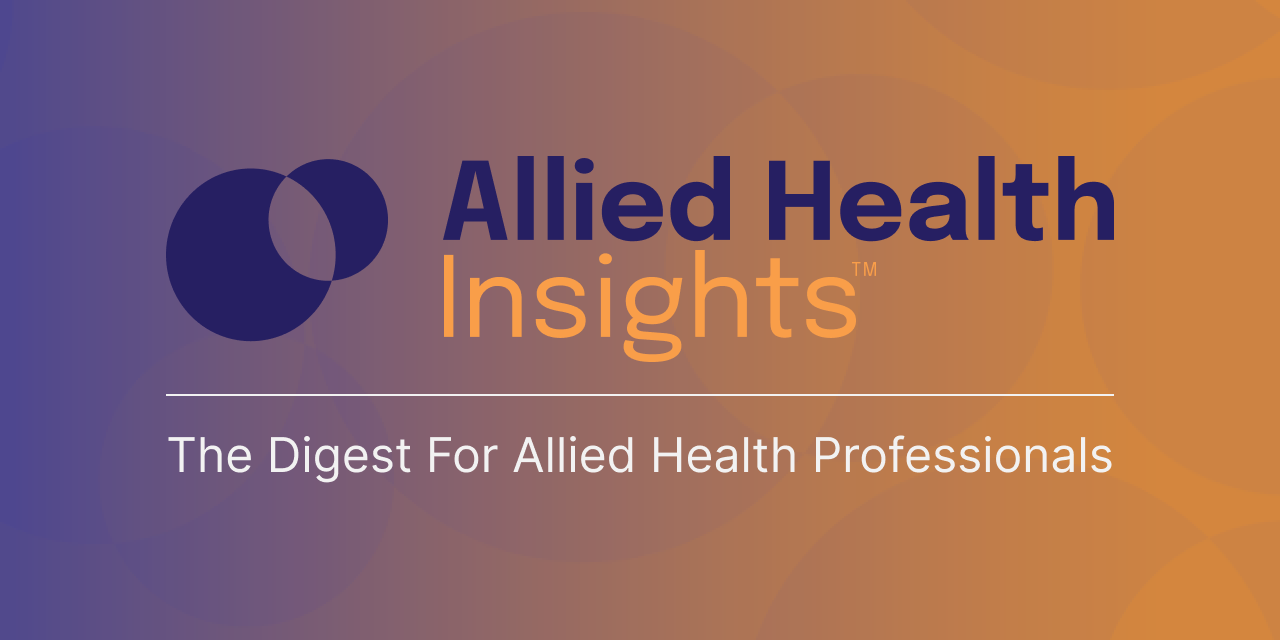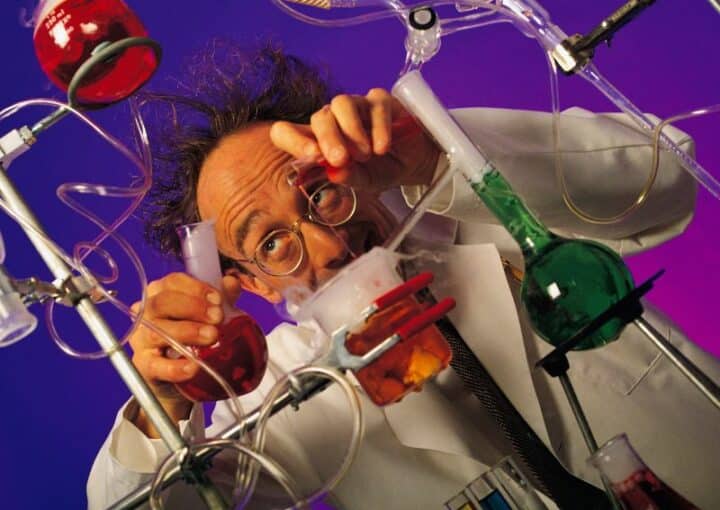
Allied Health Insights Vol.1, No.8: Creating New Professions in Allied Health

We tend to assume that the professions have been in existence forever—not least, the health professions. In fact, most health professions are relatively new inventions, several only emerging during the second half of the twentieth century.
Additionally, most modern health professions have been shaped at least in some way by outbreaks of disease, war and major policy changes, such as the European Working Time Directive. As COVID-19 has shown, the health workforce is nimble and, when necessary, can adapt to rapidly changing social and demographic needs. The implications of these disruptions were the redistribution of roles to other types of workers, growth of new workers and ultimately an expanded repertoire of skills for some. This week, we’re taking a look at how new professions are constantly evolving, particularly in the health space, and look at the processes that an occupational group needs to go through to become a profession.
One such profession in this regard is the developmental educator, the focus of this week’s A to Z of Allied Health. Formally recognised in 2013, this dynamic and unique profession takes a practical, holistic and individualised approach, working with people with disabilities to promote their independence and optimise their quality of life.
Adding {{itemName}} to cart
Added {{itemName}} to cart

